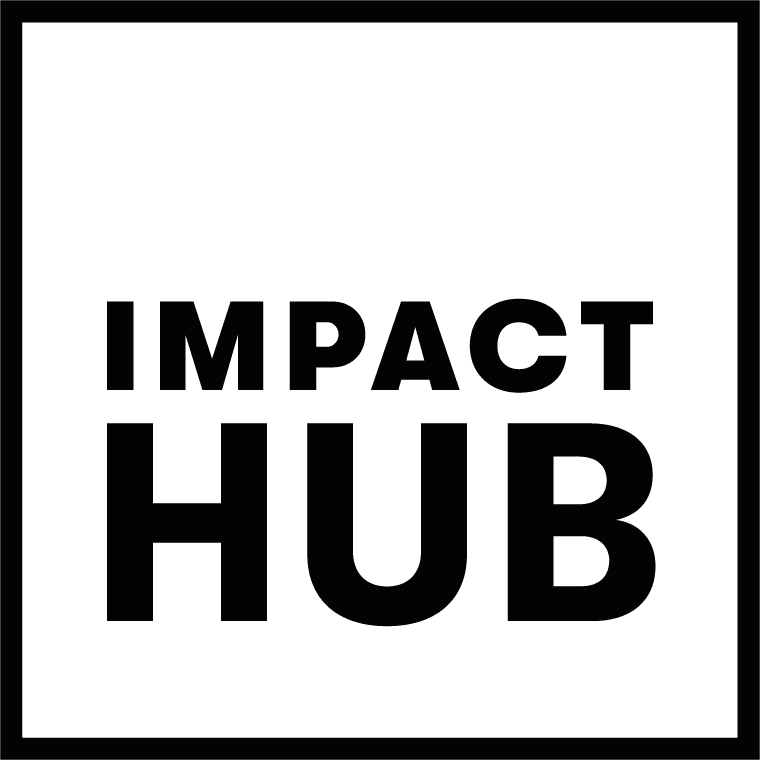https://www.youtube.com/watch?v=amnZdgUh2y0
5 continents. 9 cities. 1,000 changemakers and the United Nations (UN). 48 hours to change the world.
From March 10th-12th, changemakers from around the world connected, created and collaborated simultaneously for a 48-hour Global Hackathon. Worldwide, participants focused on 3 UN Sustainable Development Goals, with each city’s focus concentrated on one assigned goal. Impact Hub Geneva hosted the UN Influx Hackathon, where participants formed teams aiming to contribute new solutions to SDG #12 – Responsible Consumption and Production.
This awesome and inspiring event was brought to the local public by the Geneva Global Goals Innovation Day association (G3ID) powered by Impact Hub Geneva, The Port, Australian Aid, Australian Government – Department of Foreign Affairs and Trade, Global Humanitarian Lab (GHL) and the International Trade Center (ITC) as a run-up day to the G3ID.
Joseph Gaylord, one of the event’s jurors, describes a hackathon as, “…part of the modern toolkit of innovation. They are events where designers, technology experts, engineers, business people, and experts in the field, are brought together for a marathon session of work on a specific problem. They usually run about 48-72 hours, and in that time, the participants form teams, come up with ideas and develop solutions. Entrepreneurs, creators, developers and those who have a passion for collaborative work and uniting citizens of the world, gather together to make a difference in the world.”
The weekend began with introductions followed by ideation, pitches and team formation. With the inspiration and guidance of experienced mentors, workshops and activities, participants had the opportunity to collaborate in teams of 3-5 like-minded creatives and innovators to develop an idea within the realm of SDG #12 into a prototype, culminating in a final pitch to the jury and the selection of a winning team.
The best team from each participating city have been given access to mentorship, resources and a crowdfunding platform to continue their work and grow their project’s business model. The overall winning team will have the opportunity to pitch their idea and project at the UN Headquarters in New York in June.
This event brought out some of Geneva’s changemakers including 24/7, the winning team, whose project would provide anti-retroviral treatments for HIV/AIDS via vending machines in rural areas of South Africa with availability 24 hours a day, 7 days a week. Pacific-I of the Pacific Challenge team, a supply chain management team working with small islands in the Pacific Ocean to empower women and local communities through the sale of their local resources including coffee beans and coconuts; teams whose projects included urban farming within Geneva and Green Beds, who linked sustainability information to travel bookings, informing the consumer of any steps their hotel had taken to better their environmental and social sustainability.
Although the UN Influx Hackathon is finished, it was merely a kick-start to the difficult work of growing and implementing the projects. The hardest work is now, when winning participants are challenged to grow their exciting perspectives and ideas and conduct in-depth analyses to find ways to make their ideas a reality.
Impact Hub Geneva is proud to have hosted this exciting and dynamic event at the Hub and to be a part of the growing innovation ecosystem in Geneva. Congratulations to 24/7 and to all of the event participants who brought creativity, innovative ideas and a desire to affect change!
Like our Facebook page for more information on upcoming events at Impact Hub Geneva and to read Joseph Gaylord’s blog post on the Hackathon, check out the ITU’s blog here.


